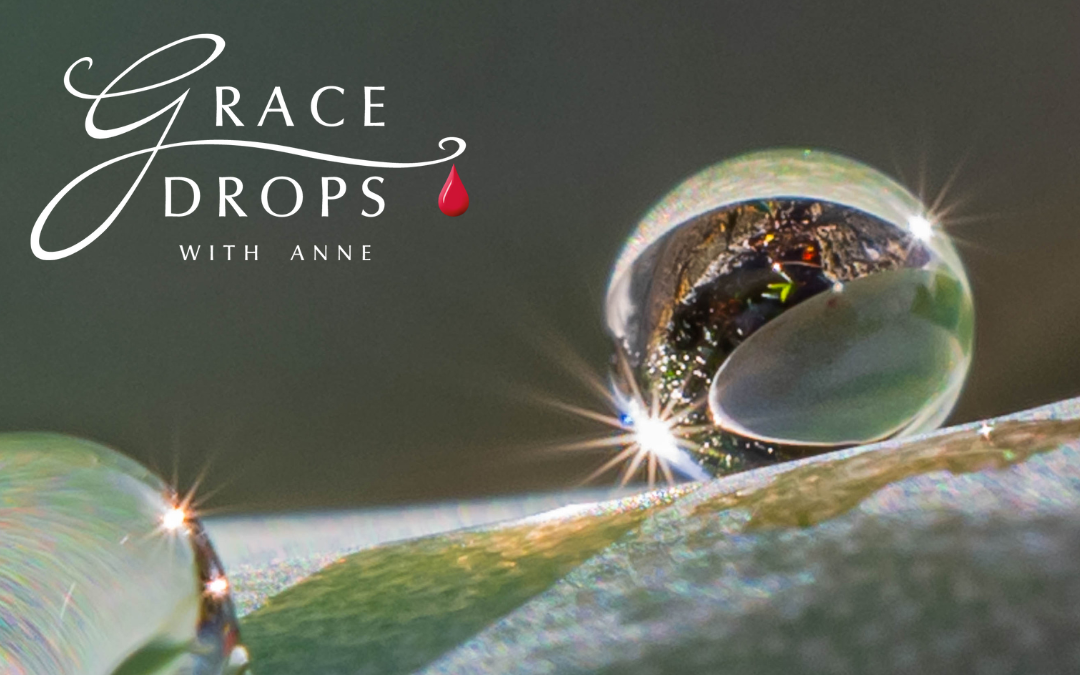When I was young, I loved the Anne of Green Gables series by LM Montgomery. Whenever my mother would catch me staring into space and asked me what I was doing, I’d quote from one of the books, ‘Sometimes I sits and thinks and sometimes I just sits.’ That wasn’t it exactly but it was near enough.
I’d have thought twice, and then some, about my words if I’d known that Isaiah the prophet had denounced a contemporary Pharaoh with a similar phrase:
Egypt’s help is completely worthless; therefore, I call her: Rahab Who Just Sits.
Isaiah 30:7 CSB
She’s also called ‘The Do-nothing,’ an apt description of what it means to waste time and opportunity, gifts, talents and blessing. When we are complicit with Rachab the Do-nothing, we never seem to get anywhere despite our best efforts. Money runs through our hands but we’re not sure where it went. We buy equipment that we never use. We fail to upkeep essential devices. We are not good stewards of the resources and gifts that God has given us.
Generally speaking, it’s our complicity with the spirits of the threshold that keeps us from coming into our destiny. We don’t really want to move forward—even when we say we do. We come to a point where our trust in God is exhausted, it’s reached its utmost limit and we stop, too fearful to take even another step. We’ve believed God up to this point, we’ve had the faith to get this far, but now we’re at the end of ourselves. We can’t even trust God enough to ask Him to help us.
When we reach this terminus, we can camp there for years. We start to experience failure and, on the surface, that irritates us. But, if we search our hearts, we find that deep down we regard failure is a safe place. It’s a false refuge.
Is it surprising that we can seek failure as a place of consolation away from God? Humanity is incredibly inventive; we can turn just about anything into a comfort zone, if we have incentive.
This is one of the ways we can be complicit with Rachab: we fail because of self-sabotage, deliberately wasting our time, efforts, opportunities or finances because, ultimately, we’re too afraid to go the next step. It’s such unfamiliar territory we’d have to trust God every moment. We find we can’t surrender ourselves to that level. We still want to retain some authority, some autonomy, some self-reliance. After all, we’ve worked hard to get this far and we don’t want that all to go to waste.
That’s the clever, cunning voice of Rachab. ‘You don’t want all you’ve done so far to be a waste.’ Ignoring the fact that we ourselves can never ensure our efforts won’t be wasted; only God, who works all things together for good for those who are called according to His purpose, can do that.
This is Grace Drops and I’m Anne Hamilton. May the Lord disturb you in your sitting still.
Thank you to Lorna Skinner of www.riversofmusic.co.uk for the background music.

To deal with the spirit of wasting, you first need to be able to overcome the spirit of rejection. To learn how to master it, see Dealing with Azazel: Spirit of Rejection is available as a paperback.In addition, understanding false refuges is the single most important step towards dealing with the obstacles barring you from coming into your calling. Hidden in the Cleft explains false refuges in more detail and is available as a paperback or an ebook.


Rahab sits still.. Wonderful analogy by Anne..Really convincing that it is speaking about myself too..
The final words of challenge are really…. challenging indeed
May God help me to stir up myself from my comfort zone
Submitting afresh, on to the Altar of grace
Blessings from India 🙏🏽
It’s very easy to sit still. And to keep asking God for help and wondering why He doesn’t answer. When in fact His hand is out to help but we cannot find it in ourselves to take hold of it.